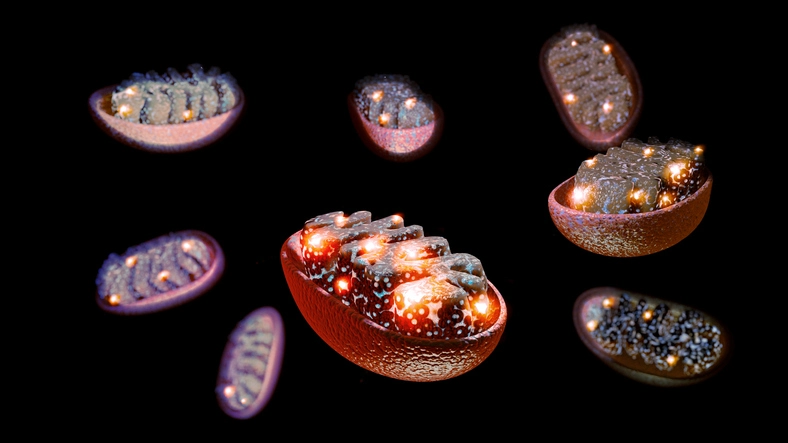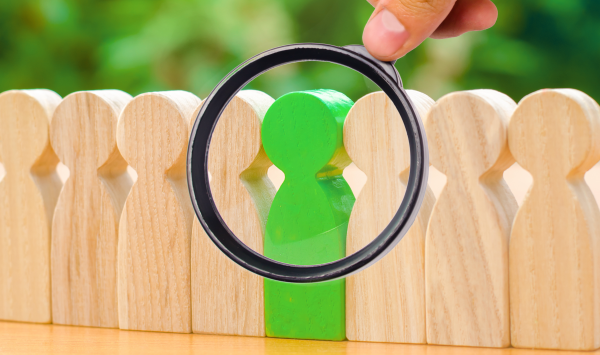Following extensive consultation with First Nations People and the broader community, Greater Geelong Council has endorsed changes to the way it will mark 26 January in 2024 and beyond.
Last night Councillors endorsed the changes following a six-month community conversation.
The consultation was supported by advice received from the Kilangitj Aboriginal Advisory Committee – a First Nation advisory committee, which has been instrumental in providing Council with strong cultural guidance on First Nations initiatives.
Community consultation included 952 survey responses, of which 447 were from First Nations People (equivalent to 12.5 percent of the local First Nations community) and 510 were from the broader community.
All responses (100 per cent) from First Nations Peoples expressed a wish for a change in the way the day is commemorated.
Across the broader community, 68 per cent of survey respondents said change was needed, with 32 per cent opposing change.
There was widespread support for greater inclusion of First Nations culture and history into the way 26 January is commemorated in Greater Geelong.
Most of the feedback from First Nations and the broader Geelong community called for Council to reflect the loss of land, and the erosion of culture, kinship and language experienced by Aboriginal and Torres Strait Islander People since 26 January 1788.
As a result of the feedback, the Council has endorsed the following changes to the way it will mark 26 January:
- Support the development and delivery of formalised First Nations Peoples acknowledgement and cultural events across the Geelong region on the day, including:
- a mid-morning Acknowledgement, Recognition and Truth-Telling Ceremony in Johnstone Park billabong
- a Flag Raising Ceremony of the Australian, Aboriginal and Torres Strait Islander flags at City Hall
- an official opening for cultural celebrations and events and
- continued work with organisers of events on 26 January to recognise First Nations Peoples and include First Nations cultural activities.
- Re-schedule citizenship ceremonies to another day within three days of 26 January and incorporate First Nations Peoples elements into the ceremonies, continuing to include an Acknowledgment of Country and
- Cease referring to 26 January as Australia Day in all communications and refer to the day as 26 January.
As part of the decision, the Council also resolved to advocate to the federal government on behalf of the community regarding a conversation about changing the date or changing the day.
In addition to decisions regarding 26 January, Council has also reaffirmed its commitment to the Uluru Statement of the Heart.








